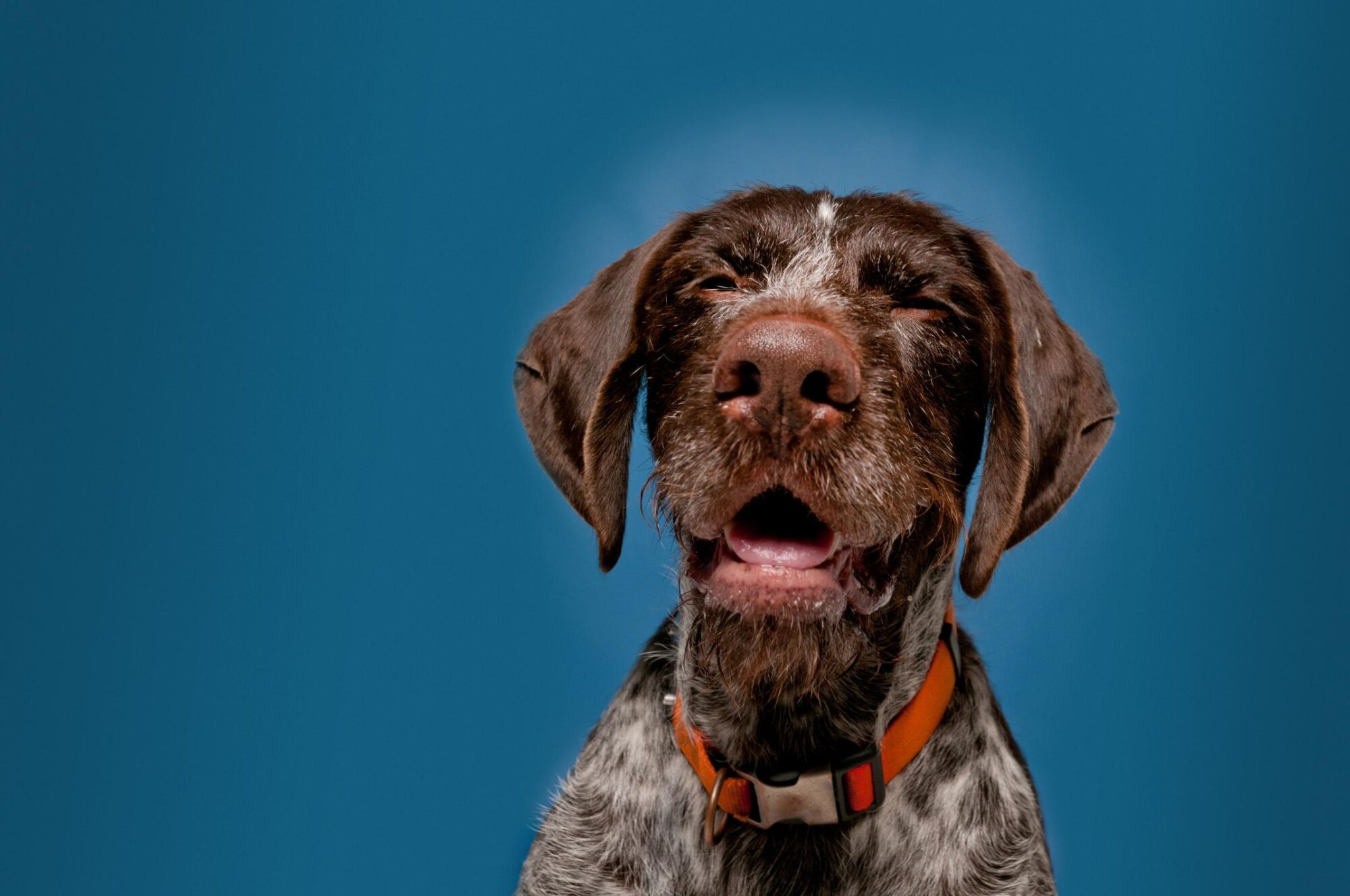Understanding Pet Reverse Sneezing: Causes, Symptoms, and Remedies

A condition that sounds exactly like you might expect, reverse sneezes are nothing to, well, sneeze at. In fact, pet reverse sneezing can occur so suddenly and without obvious cause that witnessing a pet go through this can be utterly frightening. There are many possible reasons why pets experience this phenomenon. Luckily, there are an equal amount of remedies and prevention strategies for pet reverse sneezing.
What Is a Reverse Sneeze?
Reverse sneezing in pets occurs when the back of the throat, or pharynx, becomes so irritated that the body creates a reflexive action (also known as a paroxysmal inspiration or inspiratory paroxysmal respiration). In essence, the muscles around the back of the throat spasm uncontrollably.
Episodes of reverse sneezing are unmistakable and can look like a pet is choking or gagging. They will extend their neck while aggressively and forcefully inhaling air through the nose. In most cases, symptoms of reverse sneezing in pets will naturally subside in less than a minute, although owners can expedite this by rubbing their pet’s throat, gently opening their mouth, and saying their name in a soothing fashion.
Preventing Reverse Sneezing in Animals
Reverse sneezing in pets can result from these common triggers:
- Post nasal drip
- Dust or pollen
- Nasal mites
- Air irritants
- Soft palate abnormalities
- A growth or polyp
- Foreign material in the nose or throat
While reverse sneezing in pets aims to clear irritants from the throat, many pets (especially brachycephalic breeds) are prone to this reflex simply because of their anatomy.
New to Reverse Sneezing
If you’ve never seen or heard a pet experiencing a reverse sneeze, sudden snorts, honking, or repetitive gagging can trigger questions, concerns, and even panic. If episodes persist for longer than a minute or two, or are accompanied by the following symptoms, please seek emergency help:
- Weakness or lethargy
- Nasal or ocular drainage
- Blue or gray coloring to the tongue or mucous membranes
- Decreased or increased respiration or noisy breathing
- Repetitive reverse sneezing episodes
It is crucial to rule out possible diseases and health conditions that cause symptoms exactly like or similar to reverse sneezing. Please contact us for more information about your pet’s appearance and behavior.
Any changes to a pet’s breathing should be immediately evaluated. While reverse sneezing isn’t always a cause for emergency help, prolonged symptoms benefit from examination and diagnostics. Our team at East Sacramento Veterinary Center is always here for your pet.
